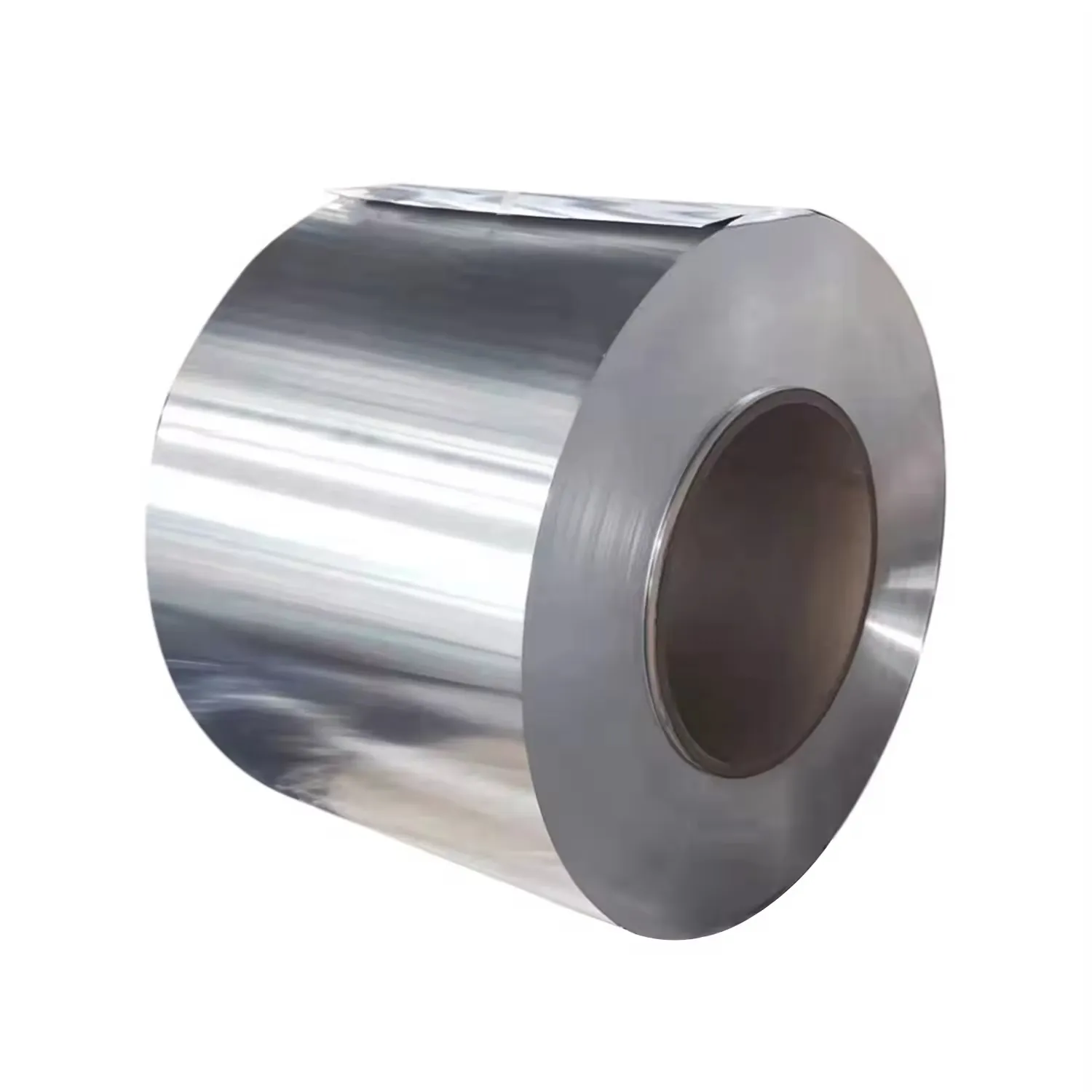Carbon steel coils for pipes are essential materials for manufacturing seamless and welded steel pipes used in oil and gas transportation, water supply systems, and industrial pipelines. These coils are typically made from low carbon steel (carbon ≤0.25%) or high strength low alloy steel to balance formability and pressure resistance. Hot rolled coils are commonly used for large diameter pipes, while cold rolled coils offer precision for smaller diameters and thinner walls. Key properties include high tensile strength (410 550 MPa), yield strength (245 355 MPa), and ductility for seamless pipe forming. Coils undergo strict quality control, including chemical analysis to ensure low sulfur and phosphorus content for weldability, and non destructive testing for internal defects. For welded pipes, coils are slit, formed into a cylinder, and welded along the seam, with subsequent heat treatment to improve joint strength. Seamless pipes are produced by piercing and rolling hot rolled coils into tubular shapes, offering superior pressure resistance for high pressure applications. Corrosion resistance is enhanced through galvanizing, epoxy lining, or polyethylene coating, especially for underground or offshore pipelines. Carbon steel coils for pipes must comply with industry standards like ASTM A53, API 5L, or EN 10219, ensuring compatibility with global pipeline projects. Their reliability is critical for maintaining safe, efficient fluid transportation across diverse industrial and infrastructure applications.


